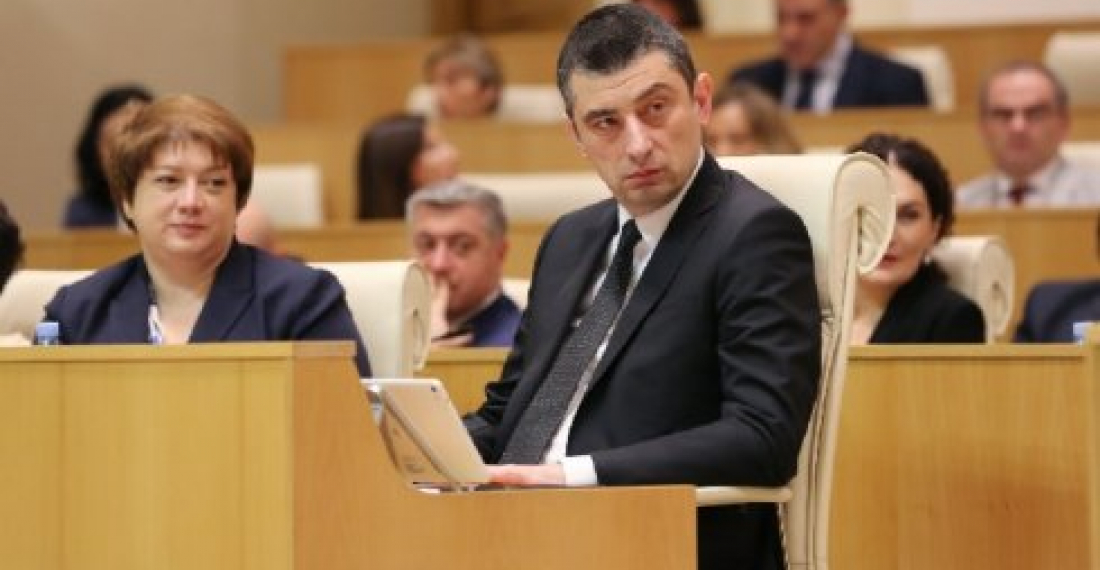The Georgian Parliament has approved the new Government led by prime minister Giorgi Gakharia. After several days of parliamentary hearings, during which the new prime minister was questioned by both government and opposition factions, the parliament voted 98 - 0 to approve the prime minister and his government.
The opposition United National Movement faction was present but did not participate in the vote, whilst the other opposition party, European Georgia, walked out before the vote was taken.
There were some opposition demonstrators outside parliament, and several people were arrested, but no serious incidents were reported.
Commonspace.eu political editor said in a comment that "based on his term as Interior Minister, Gakharia is perceived as a tough, no nonsense person, and his appointment has been interpreted as a reaction to recent attempts by some opposition elements to escalate street protests, and trigger a change of government. Georgia will hold parliamentary elections next year, and they are expected to be hardly contested. Under Gakharia, there are unlikely to be any changes in the government foreign and defence policy. Domestically, Georgian Dream remains committed to a free market economy and its declared priority is to improve the living conditions of Georgians, especially those living in the regions. Gakharia will be expected to hold the line, whilst important reforms are implemented. But the opposition parties do not like him, and are likely to continue challenging his legitimacy. Yet, most Georgians do not appear to be ready for a revolution, and the focus will remain on the 2020 elections".
source: commonspace.eu with agencies
photo Girogi Gakharia at the Georgian Parliament






